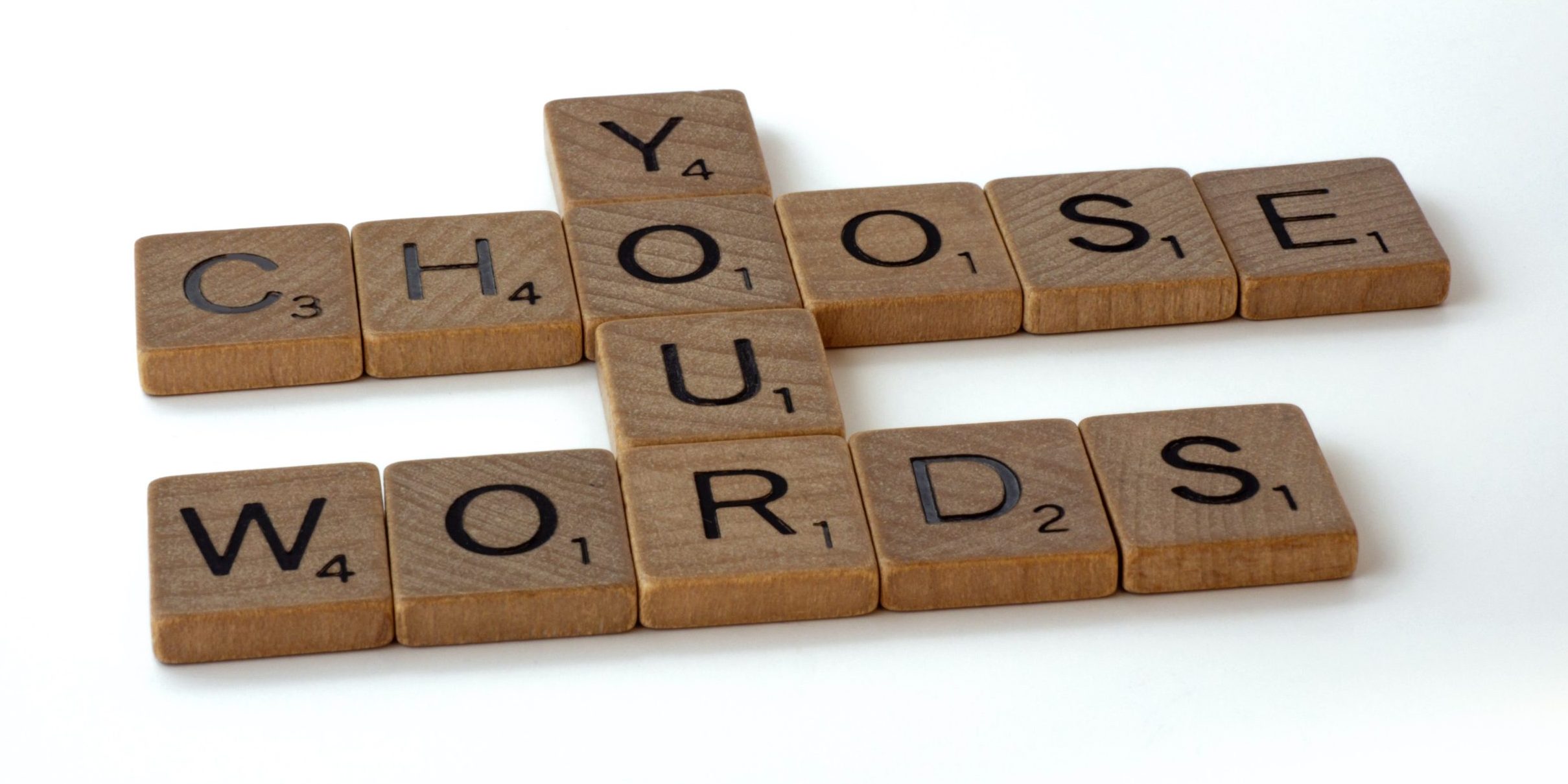I’m fascinated by words and language, which led me to study them in my youth. Recently I’ve been thinking a lot about the words we use to describe the purpose of our work.
Purpose, along with perspective and priorities, is a fundamental issue for those wanting to make change happen. It’s a safe place to come back to, the start and end of many a coaching conversation. As an executive coach, the questions I ask are often key to my clients starting to understand their situation better. “Why?” is a great question, because it reveals our purpose. And I’ve been asked recently why I coach, what is my purpose? The person who was asking me thought that I was there to help. My answer is at the end of this article.
Pun alert….! The real sin in synonym is that lots of words don’t quite mean the same thing, though we use them – casually – as though they do. And in fact the same word rarely means the same thing to two people. What does it mean for a client when I set out to help? And, just as importantly, what does it mean for me?
Many good books have been written about helping. Coaching – along with counselling – is known as one of the “helping professions”. Although “helping” is well-intentioned it can change the balance of power in a relationship. It has been used extensively in a therapeutic context which suggests that the client, like a patient, requires healing or fixing. In every day life, accolades are offered to those who are helpful, along with pity for the helpless. Karpman’s Drama Triangle which describes the roles and interactions of Persecutor, Rescuer and Victim, feels as though it’s just around the corner, with the distinction between “helpless” and “victim” a very slim one.
As I prefer not to be drawn into the role of Rescuer, a more palatable alternative is to describe myself as useful. In language, as in life, we have a choice between doing and being. Helping, an action oriented word, indicates what I, as a coach, will “do” whereas being useful suggests that how I am as a coach rather than what I do, is of the essence. In order to be helped, a client may have to do very little because I’ll be doing all the doing, in fact their passivity may even be required! On the other hand, for me to be useful, my client must also have resources and be able to make choices.
To summarise, to “be of use” opens up different options and choices both for me and for my clients. And thanks to the ongoing conversations I’m having, to be useful describes my purpose pretty well.

